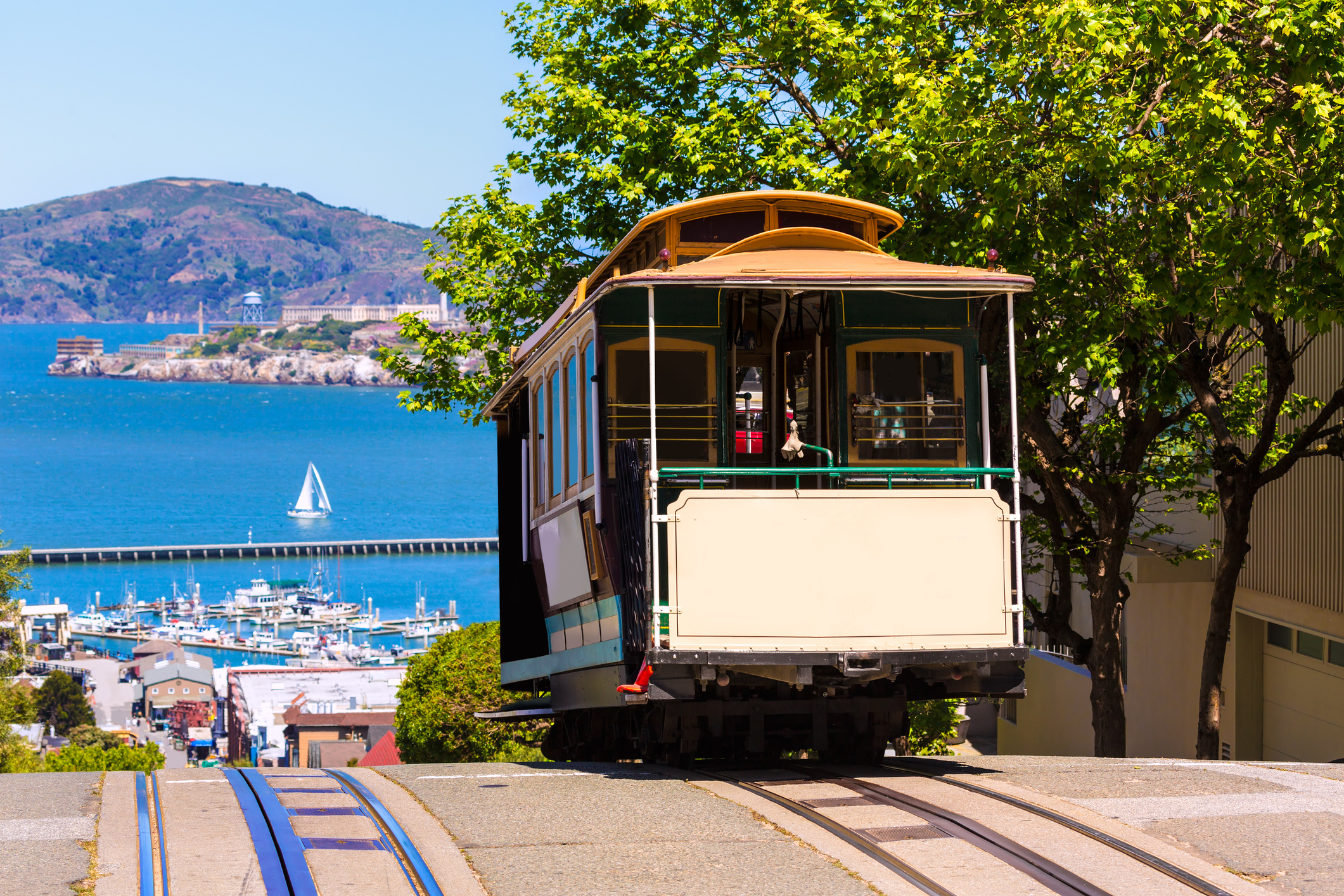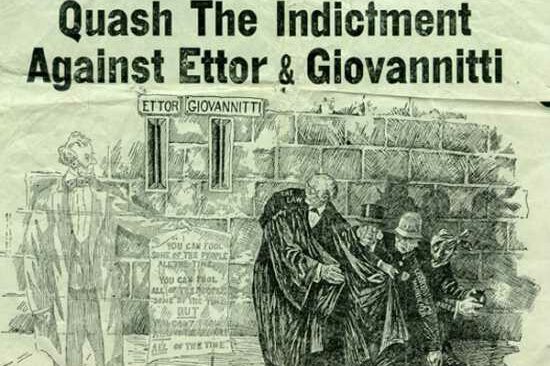Dear Readers,
California, we didn’t discover it we just enriched it, this is what I wrote during the Columbian Quintcentennial when descendants of “Indigenous Peoples” and kindred spirits began hurling slings and arrows at our Italian Heritage and with the aid of self-serving politicos attempting to rewrite history. Since we are celebrating Father’s Day this month, I thought I would share with you a brief refresher on how some of our Italo-American forefathers enriched life in California. “Grazie” to Bill Cerruti and Sacramento’s Italian Cultural Society (www.italiancenter.net, telephone 916-ITALY-00, Box 189427, Sacramento, CA 95818).
***
Italians in Northern California is a story of individual and collective accomplishment. They came lured by the discovery of gold. Attracted by the climate and resemblance to their native homeland, they stayed.
The descendants of these people still live in the foothill towns of the ‘Mother Lode’. A visit to the village of Sutter Creek in Amador County where their names are emblazoned on historic buildings, or a walk through the Catholic cemetery at Jackson in Calaveras County attests to the sojourn of these Italian pioneers. They arrived in great numbers during the mass migration at the turn of the century. The early immigrants came primarily from the Northern regions of Italy. It’s estimated that sixty percent of California’s Italian population is of northern Italian extraction.
The largest settlement arose by San Francisco Bay where the early Italians settled in San Francisco’s North Beach District. As the stream of Italian migration continued, the district became an Italian colony. Here they built a successful cultural and economic community and spread throughout the Bay Area. Many Italian families in California can trace their American roots to the North Beach Colony. By 1859 the first Italian language newspaper in California, ‘L’Eco Della Patria’, was published semi-weekly in San Francisco.
By 1931, Italian newspapers operated in Sacramento, Stockton, Martinez, and Weed. Today, the only statewide weekly Italian newspaper, ‘L’Italo-Americano’ is still published in California. The arrival of the Italians in California coincided with its early settlement by Americans. As a result, the Italians played a vital role in shaping the destiny of California and its economy. It wasn’t too long before Italian fishermen had established themselves in fishing villages from Eureka to Benicia, Martinez, Pittsburg, San Francisco, Monterey and Santa Cruz. By the 1880’s, California waters were dominated by Italian fishermen and their graceful sailing feluccas.
By 1900, the fishing industry of California had become the second leading fishery in the nation and by 1910, eighty percent of the state’s fishing business was managed by Italians. During World War II, Italian fishermen were prevented from using their fishing boats by wartime restrictions on Italian immigrants living along the coast. Across the state the Italians also settled the states’ farmland and played a prominent role in developing today’s fruit, vegetable and dairy industries in places like Marin and Sonoma counties, and the Sacramento and San Joaquin valleys. By the 1880’s, Italians dominated the fruit and vegetable industry. Italian immigrant, Marco Fontana, arrived in the U.S. in 1859 and along with another Ligurian, Antonio Cerruti, founded the California Packing Company in 1889.
Under the popular ‘Del Monte’ label, their canneries soon became the largest food processing corporation in the world. Most of their workers were Italian. One of the enterprising Italians who left his mark on California was Domenico Ghirardelli, who traveled through the gold mines selling chocolate and hard candies. He settled in San Francisco after the gold rush and founded the Ghirardelli Chocolate empire, with Italian immigrant labor, at the site of the present Ghirardelli Square.
The California Wine industry also owes much to the Italian founders of the industry. In 1881, the Italian Swiss Colony was founded at Asti in Sonoma county by Andrea Sbarbaro as a cooperative of Italian immigrants from the wine growing regions of Italy. The Colony soon became one of the largest producers of wine and dominated the U.S. wine market during its heyday. The founding of the Italian Swiss Colony promoted the widespread participation of Italians in the grape and wine industry and their success in the vineyards of the Napa, Sonoma and Central Valleys.
Perhaps the most inspiring of California’s Italians was Amadeo Pietro Giannini, the ‘Giant of the West’. Born in San Jose in 1870 of immigrant Italian parents, Giannini organized the Bank of Italy in North Beach, San Francisco in 1904 to aid his fellow Italians.
Breaking new ground he established the first statewide system of branch banks in the nation by opening branches in the Italian neighborhoods across the state. Italians provided most of his work force. In 1930 he changed the name to Bank of America. Mr. Giannini’s bank soon became the largest bank in the world. Italians played a prominent role in enriching life in California. Their contributions are often overlooked but the enterprise and success of these Italian pioneers is a unique legacy, shared by all of us. “Grazie” to many of our forefathers.
***
A film documentary entitled “Finding the Mother Lode: Italian Immigrants in California” by Film-makers Gianfranco Norelli and Suma Kurien was recently screened at the Italian Center in Carmichael, California and the Museo Italo Americano in San Francisco.
This is the first film documentary about the fuller history of the Italians in California. Italians first came to California with the Gold Rush and found a Mother lode in mining, farming, fishing, wine making, banking and commerce. The Italian experience in California is generally marked by economic success and social mobility. I would like to suggest that other Italo-American clubs and organizations make arrangements to share this film, that tells of the unique experience of Italians on the West Coast, with their members soon.
***































